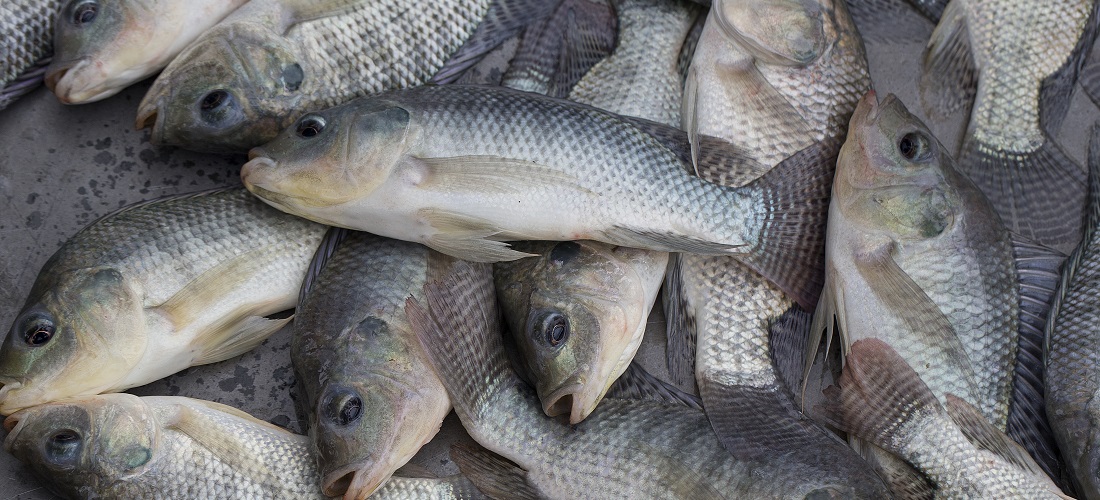
CNA Discusses Import Risk Analysis for Tilapia
Feb, 13, 2025 Posted by Denise VileraWeek 202507
The National Aquaculture Commission of CNA has reviewed industry input on the public consultation launched by Brazil’s Ministry of Agriculture regarding the Import Risk Analysis for tilapia-derived products intended for human consumption.
“We will do everything we can to minimize the potential impact of introducing a new disease on producers and the risks it poses to animal health,” said Francisco Farina, president of the commission.
The Ministry of Agriculture’s Ordinance No. 1213, published in December 2024, initially set a 60-day period for submitting comments on the Risk Analysis report. Last Friday, the ministry extended the deadline by another 60 days.
The Import Risk Analysis, prepared by the Agricultural Defense Secretariat (SDA), evaluates the risks associated with introducing and spreading the Tilapia Lake Virus (TiLV). This disease is known to cause high mortality rates in tilapia and their hybrids, with recent scientific studies also reporting its presence in other fish species.
João Paulo Franco, CNA’s Animal Production Coordinator, underscored the importance of submitting well-founded technical feedback to help the Ministry implement measures that protect the production chain.
Commission consultant Eduardo Ono outlined the potential economic consequences—both direct and indirect—if TiLV were introduced into Brazil.
“Until Brazil has the necessary infrastructure to contain this disease, we must exercise caution when importing, particularly live animals, which present the highest risk,” Ono warned.
He also proposed preventive measures to curb the virus’s entry and spread, including developing a surveillance and monitoring system for notifiable and exotic diseases, as well as a contingency plan for outbreak scenarios.
Ono further stressed the need for additional initiatives, such as creating a necropsy manual, establishing protocols for sample collection, storage, and laboratory testing, and setting import guidelines for other species susceptible to TiLV. He also highlighted the importance of training the Official Veterinary Service to respond effectively to aquatic animal health emergencies.
Farina reaffirmed that the commission is working closely with agricultural and livestock federations to safeguard the industry before any risks materialize.
Source: Conexão Safra
-
Shipping
Jun, 15, 2022
0
MSC: insufficient info may cause delays in Chile
-
Shipping
May, 24, 2019
0
ANP lowers sulphur limit for marine fuel oil
-
Ports and Terminals
Jun, 24, 2021
0
ATP takes a stand on charging for the container segregation service
-
Economy
Dec, 29, 2023
0
Milei’s proposed export tax surge sparks discontent among Argentine producers



